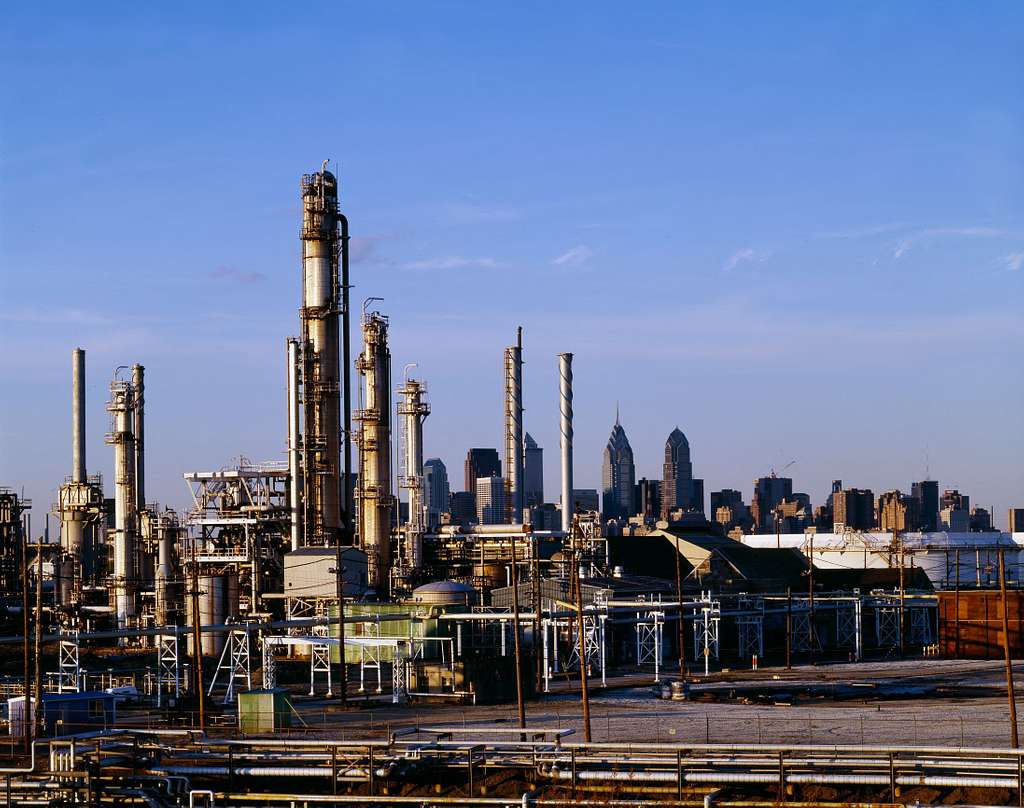When it comes to toxic air pollution — how safe is safe enough?

July 7, 2021 – The City of Philadelphia was one of the country’s first industrial hubs. While much of its large polluting industry has diminished over the years –there are some facilities that still emit toxic air emissions that impact public health and the environment. Generally federal, state and local governments have done a poor job of protecting public health from hazardous emissions that can cause cancer and other serious health problems. Yet we must come to grips with this most serious type of public health threat from air pollution. This is particularly true of communities that live in deep poverty and already suffer from poorer public health outcomes. The city of Philadelphia has more people living in deep poverty than any other large city in the United States.
Regulating toxic air pollution has proven to be particularly difficult to regulate since there is often no absolute safe level for an air pollutant that causes cancer or neurological damage. The only 100% safe solution would be to shut down all sources of toxic pollution from large factories, smaller industries such as dry cleaners and gas stations, and cars and trucks. Often the regulations of toxic air emissions are not based on the actual health threat but rather on what technology exists to lower emissions while still allowing the industry to operate.
The Council has long advocated that the city develop regulations to limit emissions of toxics based on public health impacts. The state and federal government should also. In Philadelphia air regulations are adopted by the city’s Air Pollution Control Board. (APCB). Air Management Services (AMS), a part of the Philadelphia Department of Public Health drafts the proposed regulations with input from city lawyers for review and adoption by the APCB.
In 2019, working with the APCB and groups like Clean Air Council, AMS announced that it would amend and strengthen its Air Management Regulation VI (AMR6) which regulated air toxics.
The proposed amended regulation would call for all new Title V (major source) permits and renewals to go through a risk screening process. If the risk from a particular pollutant went above a certain threshold it would trigger a risk assessment and the facility would have to show that it can lower its emissions and reduce harms to the impacted community in order to continue to operate in the City. If the facility could not properly do this, it would be denied its operating permit. It was a game changer. It is difficult for the city to adopt stronger regulations than the state or federal government for fear of making its businesses anti competitive. But both AMS and the APCB were interested in looking at this new approach to reducing air pollution risk in the City.
The Council has been actively pushing for such an approach to toxic pollution for many years. The proposal to amend AMR6 comes on the heels of New Jersey’s recent adoption of a similar law in late 2020. Pennsylvania should follow suit. This law requires that the New Jersey Department of Environmental Protection (NJDEP) to assess the public health and environmental risks that facilities renewing or amending licensing permits create for overburdened communities (low-income communities, communities of color, or communities with limited English proficiency).
The Council is pleased that Philadelphia is moving to better regulate the threat from toxic air pollution but is urging it to go further than what is proposed. The Council has urged the APCB and AMS to take up this opportunity to further decrease the risk thresholds and to look at the aggregate risk posed by multiple pollutants and multiple facilities so that it is more protective for the City’s residents, especially the most vulnerable — its children, elderly, and those with preexisting conditions.
The APCB has an opportunity to pass a regulation more protective than that of New Jersey and set a standard for Pennsylvania and large cities to follow.
For more information contact John Lee, Public Health Director, jlee@cleanair.org.

